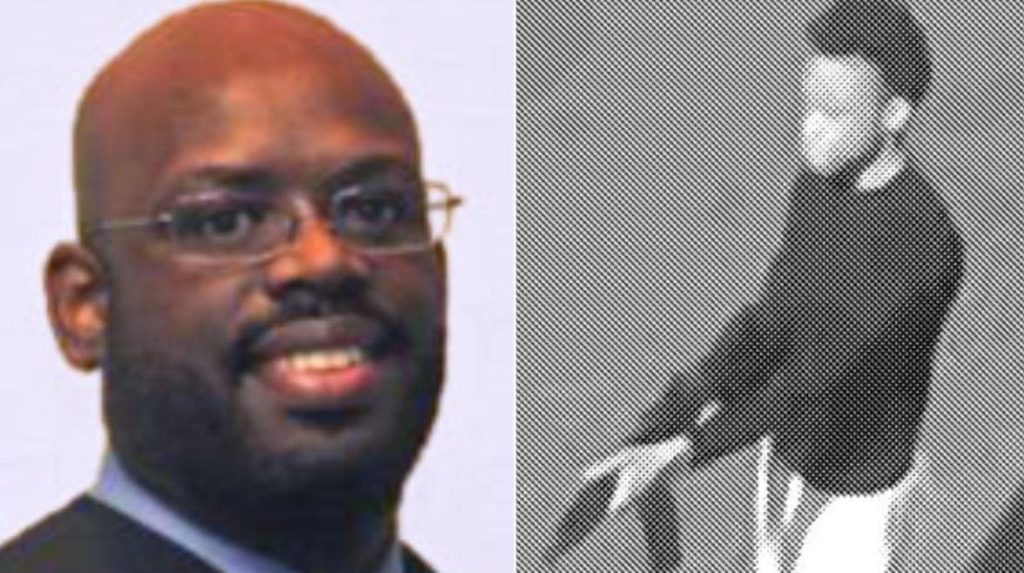Lloyd U. Nolan, Jr., a judge on the Superior Court of the District of Columbia, came under scrutiny recently for releasing a teenager accused of firing over two dozen rounds at a car along a busy street on bail before his trial. Nolan’s online presence revealed his progressive activism, including a post about being “woke,” support for Black Lives Matter, and donations to causes associated with George Soros. He donated to Gideon’s Promise, a group that supports public defenders in the Southeastern United States, founded through a fellowship from Soros’ Open Society Foundation by Professor Jonathan Rapping. Despite criticism, Nolan believed the accused, Amonte Moody, was not a threat to the community and approved his release on house arrest with a GPS monitor.
The decision to release Moody, who faced charges of endangerment with a firearm, possession of a weapon, and assault, sparked outrage on social media. Prosecutors from the U.S. Attorney’s Office requested an emergency hearing to discuss the release and potentially reverse it, citing the defendant’s actions and the strength of video evidence against him. The Judge’s decision to release Moody on house arrest was defended by a spokesperson for the D.C. court system, who emphasized that all defendants have a presumption of innocence and that Nolan conducted a thorough hearing before making the decision. The defense argued that Moody had no prior encounters with law enforcement and had access to educational support and family and community resources to ensure his compliance with release conditions.
The Gideon’s Promise organization, which Nolan supported, is dedicated to training and supporting public defenders to provide equal and fair legal representation for all. The organization seeks to produce fairer outcomes for vulnerable citizens by strengthening the skills of public defenders as frontline advocates in the criminal justice system. The decision to release Moody was based on the judge’s belief that strict conditions of home confinement on electronic monitoring, along with educational and social services in place for the defendant, would ensure the safety of both the defendant and the public. Despite criticisms of the decision, Judge Nolan maintained that Moody did not pose a threat to the community and emphasized the importance of following release conditions to avoid any consequences.
The social media posts and financial links to progressive causes by Judge Nolan raised concerns about bias in the decision to release Moody on bail. The accusations against Moody, including firing an AR-15 weapon at a car on a public street and attempting to conceal the firearm, led to public outrage and calls for a reversal of the decision. The defense argued that Moody’s lack of prior encounters with law enforcement, along with the support of educational and community resources, would ensure his compliance with release conditions. The decision to release Moody on house arrest with a GPS monitor was met with skepticism and led to a request for an emergency hearing to review the case.
Despite the controversy surrounding Judge Nolan’s decision, he maintained his belief that Moody did not pose a threat to the community and that the conditions of his release would ensure public safety. The defense relied on Moody’s personal background and access to support services to argue for his release on house arrest. While the decision provoked strong reactions on social media and from prosecutors, the spokesperson for the D.C. court system defended the judge’s ruling, highlighting the presumption of innocence for all defendants and the thoroughness of the hearing in determining the conditions of release. The case highlighted the challenges and complexities of balancing the rights of the accused with public safety concerns in the criminal justice system.


